Branched Chain Amino Acids (BCAAs) are a sub-group of amino acids that possess many unique properties that are of benefit to athletes and bodybuilders. Unlike other amino acids, BCAAs influence processes other than just being used in protein synthesis. BCAAs can boost immune function, stimulate fat loss, enhance recovery, stimulate muscle growth and increase endurance. In this article, we will investigate exactly what BCAAs are and touch on some of their benefits for anybody training.
What are BCAAs?
Be it food or supplement, any type of protein is comprised of chains of amino acids. The arrangement and type of amino acids in these chains determine what type of protein the food/supplement is and its digestion time. Longer chain of amino acids take more time to be digested by the body, as it needs to break down the bonds between the amino acids before it can make them useable. Amino acids have many effects on the body aside from just building muscle. They can be used for increasing protein synthesis, generating energy for the muscles to use and even producing chemicals that help the brain to function optimally.
Amino acids are split into two groups: essential and non-essential. Non-essential amino acids are produced by the body (there are 9 of them). The body can produce these by itself from vitamins and other amino acids. The body cannot produce essential amino acids(there are 13) and so these must be taken in through diet. BCAAs fall into the essential group and are comprised of the amino acids Leucine, Isoleucine and Valine. What separates BCAAs from the other amino acids is how they are processed by the body and how BCAAs can be exploited to help training progression.
How BCAAs Work
When protein is ingested, it is broken down in the stomach into small peptide chains and amino acids. These amino acids are shuttled to the liver before being transported to the rest of the body. Once in the liver, amino acids can be burned to provide energy. What makes BCAAs of interest to trainers is that they are metabolised by the muscle rather than the liver. BCAAs pass through the liver without being significantly broken down. From here BCAAs are transported to the muscles where they can impact metabolic processes.
BCAAs and Catabolism
The working muscles have the ability to break down BCAAs for energy and will do so during times of increased energy needs such as starvation or exercise. This makes the body less likely to break down hard earned muscle tissue when there are BCAAs available. This becomes significantly important for athletes and bodybuilders that are on lower carbohydrate intakes, especially when performing higher intensity training. Fat utilisation will not be possible due to training intensity, so the body will either break down the muscle tissue to gain amino acids (particularly BCAAs) to burn for fuel, or it will use any ingested BCAAs. The benefits of BCAAs do not stop there; post-workout BCAAs are used to support protein synthesis, in turn increasing muscle growth. Studies have shown that ingestion of BCAAs prevents this breakdown or catabolism. When muscular development depends upon minimising catabolic events, this can be a very effective way of increasing muscle size and maximising gains from workouts.
What Do BCAA‘s Do Pre-Workout?
BCAA’s have been shown to reduce muscle breakdown during intense training by creating a more anabolic environment within the working muscles, therefore a lot of athletes will take BCAA’s pre-workout to ensure their training becomes more anabolic and less catabolic, especially bodybuilders wanting to keep muscle mass. Furthermore it must be noted BCAA’s are actually metabolised in the muscles and not the stomach, which is one unique property that scientists believe is responsible for their anti-catabolic properties.
 What Do BCAA’s Do Post-Workout?
What Do BCAA’s Do Post-Workout?
Whilst BCAA’s have been shown to help athletes before training, it also seems they have benefits after training as well. Specifically this is related to the amino acid leucine and how it increases protein synthesis. As previously stated protein synthesis is a term used to describe the synthesis of new skeletal muscle proteins. When it happens on a larger scale it’s known as muscular hypertrophy and it’s basically the process that athletes want when they are looking to increase the size of their muscles.
Now resistance training provides the necessary stimulus to your muscles for them to repair and regrow bigger, however the initial bout exercise actually results in a negative net protein balance i.e. overall muscle breakdown (S.M Phillips, 1997). This negative net protein balance must be counteracted as soon as possible straight after your workout if you want to start building muscle and scientists are in agreement that the best way to do this is to ingest a quick releasing protein such as whey concentrate with the amino acid leucine. Until this is consumed it’s believed the protein balance will remain negative and the ‘stimulus’ of weight training will be ineffective (T.A. Gautsch, 1998).
BCAA’s For Recovery
As well as helping to preserve muscle mass and also increase protein synthesis post workout, studies have also shown BCAA’s can help maintain a healthy immune system during periods of intense training when it could become compromised. According to researchers at the Department of Physiology and Biophysics at the Institute of Biomedical Sciences in Brazil, it does this by favourably interfering with the body’s lymphocytes. These are a type of cell within the body that help to fight viruses and infection.
Here at TPW we offer both BCAA Powder & BCAA tablets – so you can get them in the form most convenient to you!

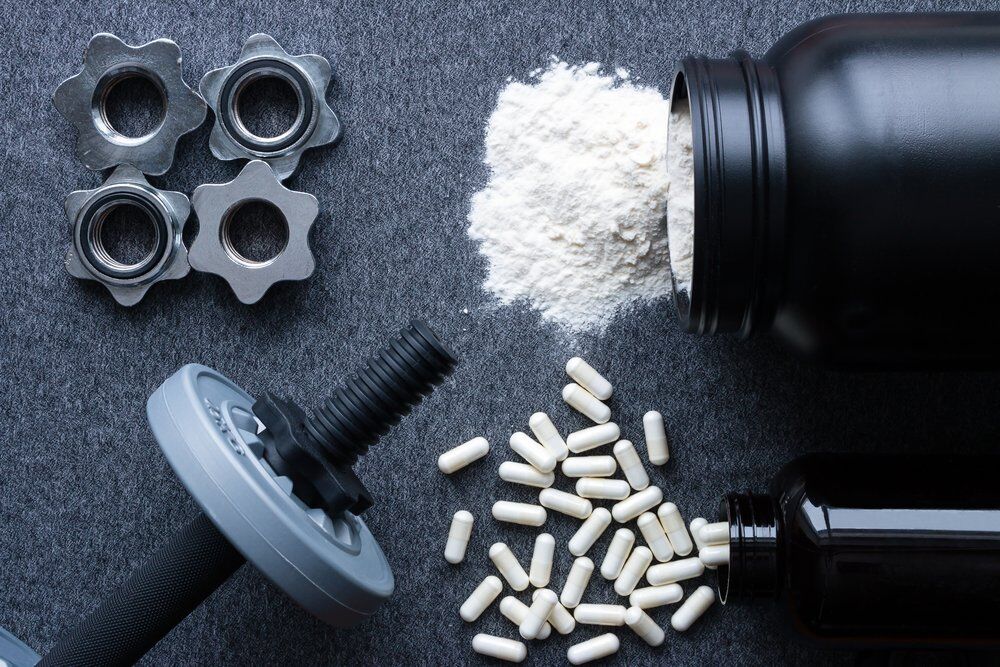


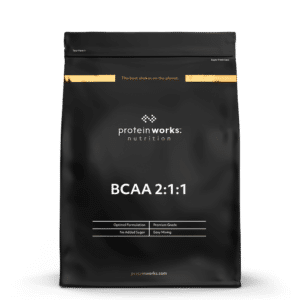
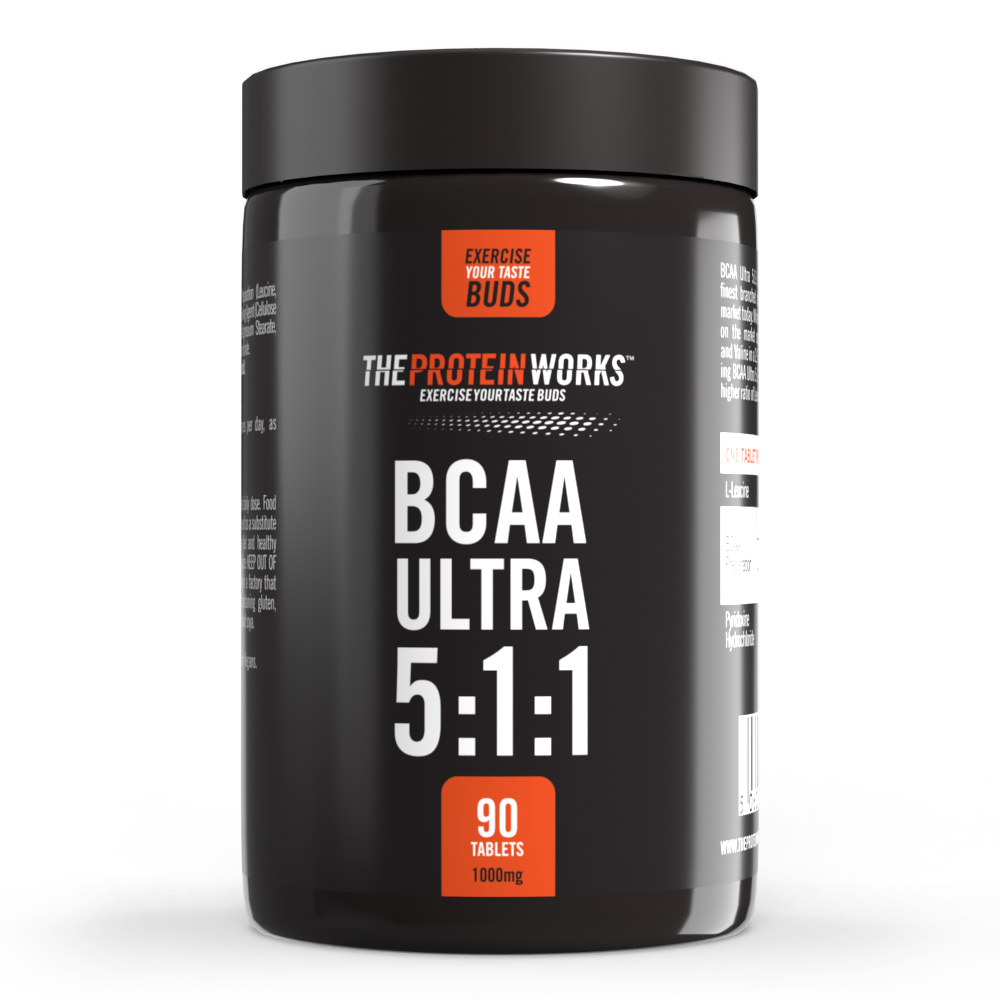
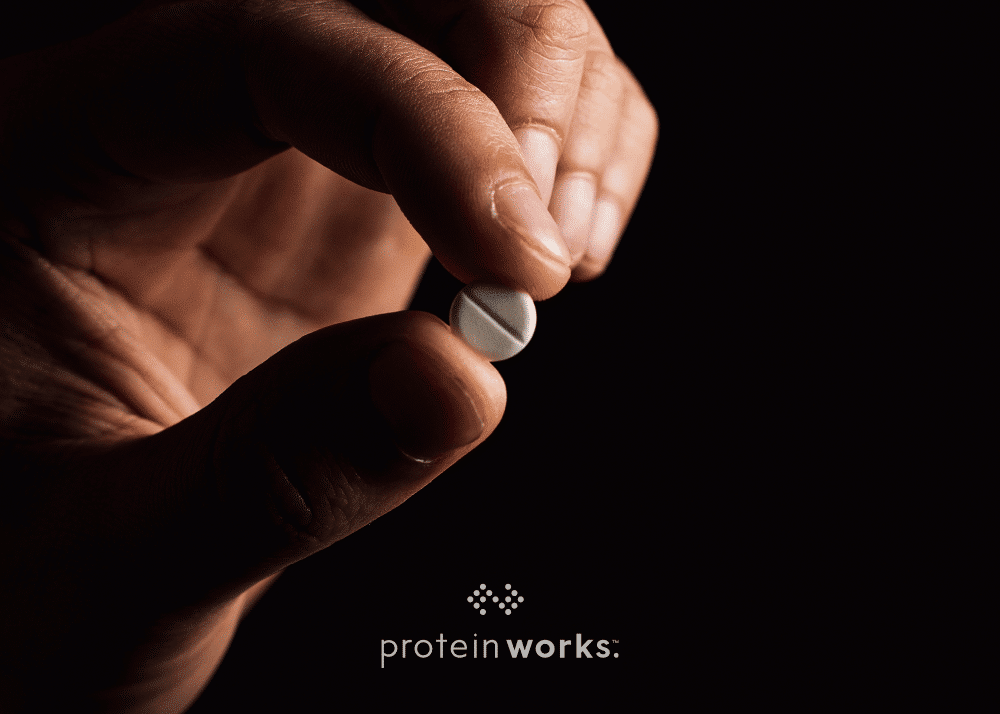
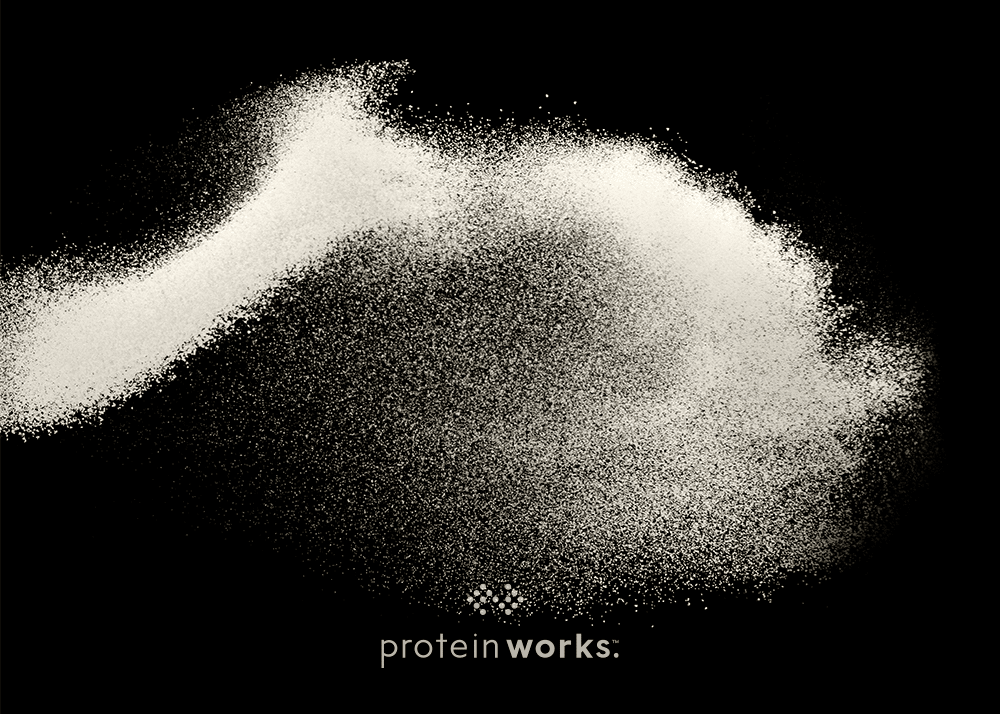

No Comments yet!